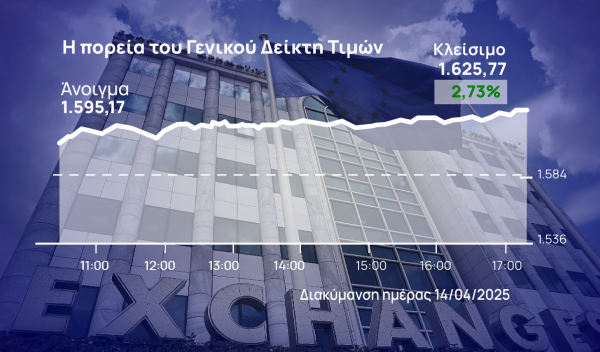
The Greek government is reforming how objective property values—the basis for calculating property taxes—are determined. The goal is to bring these valuations closer to actual market prices, which are typically higher than the current objective values, and in turn derive more income from property taxes.
A new tax bill, along with recent decisions by the Ministry of Finance, aims to digitize and modernize the valuation process. By making property value data available online, the government says the new approach will enhance transparency and foster confidence in the real estate market, particularly among investors.
A Better Digital Platform, Enhanced Transparency
At the center of the reform is the valuemaps.gov.gr digital platform, which is set to become the official property value registry by 2025. This platform will consolidate data from public records, municipal databases, and urban planning systems to provide accurate and up-to-date valuations.
The government says property owners will have access to detailed maps showing zone prices, valuation coefficients, and real-time calculations, updated regularly to ensure consistency with market trends.
The revamped system will expand to cover 2,167 districts, which is more than the existing geographical scope. Moreover, the system will enable large-scale property assessments through features like interactive maps, data management tools, and real-time statistics.
Updated Criteria for Objective Values
The Ministry of Finance will also redefine how certain property characteristics will be assessed to arrive at new objective values for properties. Some of the biggest changes are related to the classification of basements and semi-basements, how the government determines the age of properties and land utilization coefficients. With the new system, the classification of basements will based on criteria like building permits and windows, property age will be calculated using clarified guidelines for legal and unauthorized buildings, and land utilization coefficients will align with current urban density rules.
These updates aim to standardize assessments and create a ‘fairer’ taxation framework.
What It Means for Stakeholders
The reforms promise clearer and more equitable taxation for property owners, reliable market data for investors and real estate professionals, streamlined processes for municipalities and more tax income for Greece from 2025. Whether or not this will be the case remains to be seen.
Source: tovima.com
Latest News

FM Gerapetritis Calls for Unified EU Response to Global Crises at EU Council
"Europe is navigating through unprecedented crises — wars, humanitarian disasters, climate emergencies," he stated.

Holy Week Store Hours in Greece
Retail stores across Greece are now operating on extended holiday hours for Holy Week, following their Sunday opening on April 13. The move aims to accommodate consumers ahead of Easter, but merchants remain cautious amid sluggish market activity.

Green Getaway Ideas for Easter 2025 in Greece
Celebrate Easter 2025 in Greece the sustainable way with eco-farms, car-free islands, and family-friendly getaways rooted in nature and tradition.

Civil Protection Minister Details Summer Firefighting Plans at Delphi Forum
At the 10th Delphi Economic Forum, Minister of Climate Crisis and Civil Protection Yiannis Kefalogiannis discussed Greece's plans for the upcoming fire season.

How Shops and Markets Will Operate During Easter Holy Week
The Easter holiday schedule has been in effect since April 10, with retail stores open Palm Sunday, and most supermarkets also operating to meet consumer demand for Easter shopping

Why Is the French Aircraft Carrier Charles De Gaulle in Piraeus?
Docking in Piraeus after a four-month deployment in the Indo-Pacific region, the admiral of the aircraft carrier the Charles de Gaulle says, "Greece is our best partner in the Mediterranean."

Riots and Vandalism in Downtown Athens Exarcheia Region
Night of unrest in downtown Athens' region of Exarcheia – 11 Cars Burned, 72 Detentions

Truth Team: Is the PM and his team telling the truth, the whole truth and nothing but the truth?
The Greek government spokesman noted that "a private individual received payment from other private individuals, and for some people this is a horrifying revelation."

Mayor of Athens Announces Strategy to Address Housing Crisis
Athens Mayor Haris Doukas outlined a series of municipal interventions aimed at tackling the housing crisis during a public event co-hosted with the University of Athens

Hatzidakis at Delphi Forum: Train Reform Bill to Cabinet on April 28
The Deputy Prime Minister stated that a draft bill concerning the Hellenic Railways Organization (OSE) will be brought before the cabinet on April 28







































 Αριθμός Πιστοποίησης
Αριθμός Πιστοποίησης